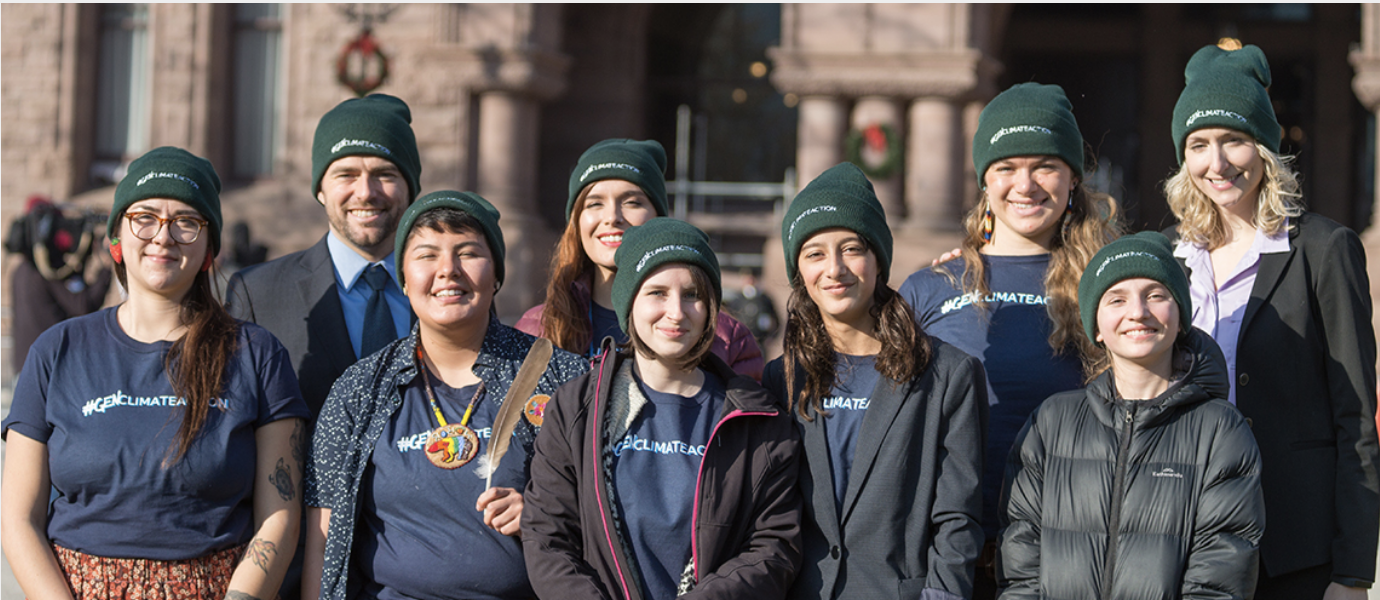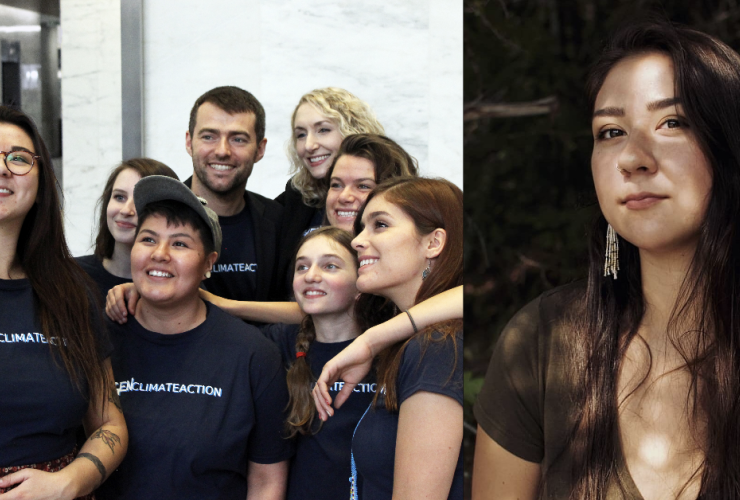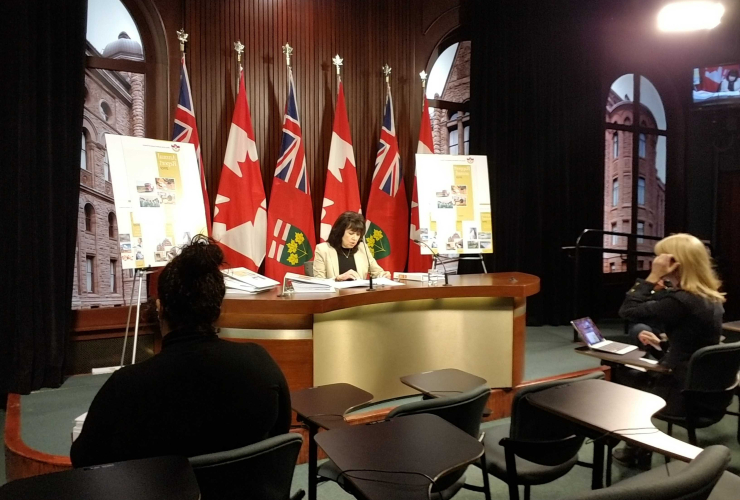Climate change and what to do about it were at the centre of a legal wrestling match on Monday.
Lawyers for seven young climate activists sparred with Crown counsel over whether the court should decide if Premier Doug Ford’s Ontario government can be held accountable for its contribution to global climate chaos.
Government lawyers want Justice Carole Brown to dismiss the claim, hoping to avoid a high-profile hearing in which the young people plan to argue that Ford’s ripping up of prior green policy had violated their charter rights.
“We just want our day in court,” said Nader Hasan, a Stockwoods LLP lawyer representing the young people in the virtual hearing, which was streamed live on YouTube. Law charity Ecojustice is also backing the young people's claim.
Justice Brown withheld judgement at the end of the hearing.
The ruling on whether to proceed will be significant; if the case is thrown out, the youth have no avenue to appeal and the next judgement of Ford’s climate record will be the 2022 provincial election.
But if Brown rules that courts can intervene, it will set up a legal reckoning over whether governments must actively avoid conduct that can be expected to result in future harm, in this case the section 7 constitutional right to life, liberty and security of the person.
Hasan argued that climate change is an existential threat to Ontario and the world, and that the province’s plan to fight it should not be immune from judicial scrutiny.
“It is not the subject of reasonable dispute that Ontario’s contribution to the problem exacerbates the problem,” Hasan said.
That problem is global warming, which is creating more frequent extreme weather, including floods, fires and famines around the world.
Hasan argued that global scientific consensus has formed around the limited amount of carbon the entire planet could emit in future and still hit a target of limiting warming to 1.5 C above pre-industrial levels.
Ford’s government has committed to a 30 per cent reduction in greenhouse gas emissions from 2005 levels by 2030, weaker than a previous target equivalent to a 45 per cent cut.
Ontario’s auditor general late last year slammed Ford’s climate plan for being “not based on sound evidence” and insufficient to meet the province’s 2030 target.
Hasan calculated Ontario’s fair share of the so-called ‘carbon budget’ would be around 670 MT (out of Canada’s 2,000 MT). He said Ford’s existing plan puts the province on course to emit more like 1,670 MT of CO2 by 2030, which “puts us on the path to climate disaster.”
Lawyers for the government said the case is about whether Ontario's climate ambitions are “sufficiently aspirational,” which they argue is outside the remit of the court, and that it would be impossible to prove a cause-and-effect link between the province’s target and plan to achieve it and the worst effects of global warming.
“So many assumptions are built into that kind of reasoning, that for the courts to declare an outcome at the end of that chain of speculative reasoning is something that is effectively meaningless,” said government counsel Padraic Ryan.
They also argued that the charter protects people from a government seeking to deprive them of their rights, but doesn't compel that government to provide them.
Alastair Sharp / Local Journalism Initiative / Canada's National Observer
So what is next? Is this the
So what is next? Is this the end of the case? Are we waiting for the answer?
Not the end of the case. If
Not the end of the case. If Justice Brown withheld judgement, she more than likely indicates she has some "researching" to do. Which actually puts the government, and the activists, at a standstill until the verdict is read.






Comments